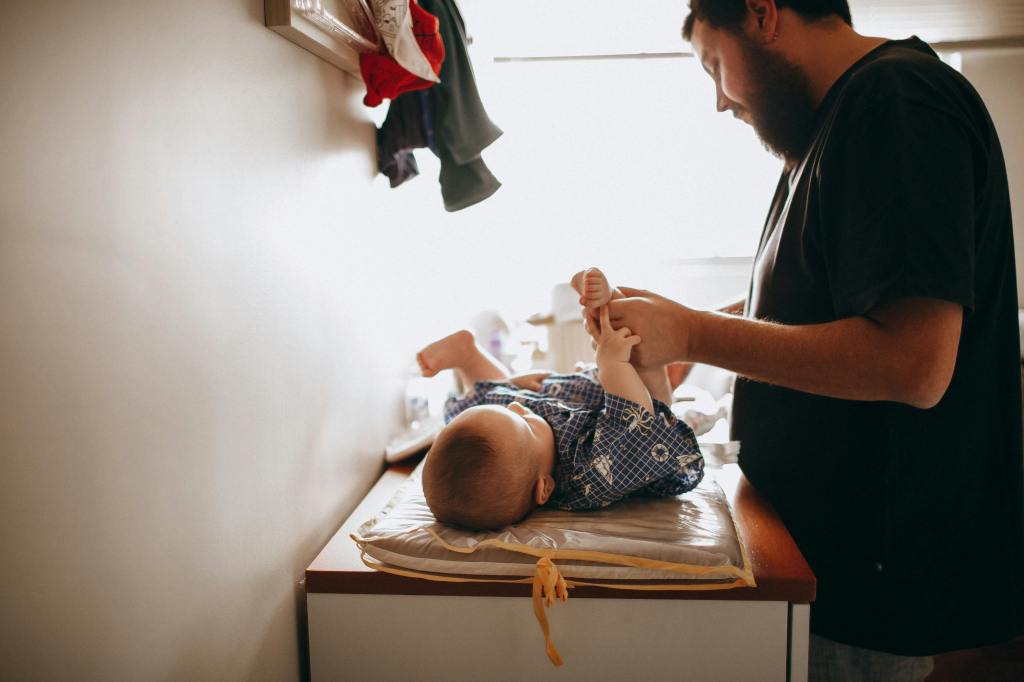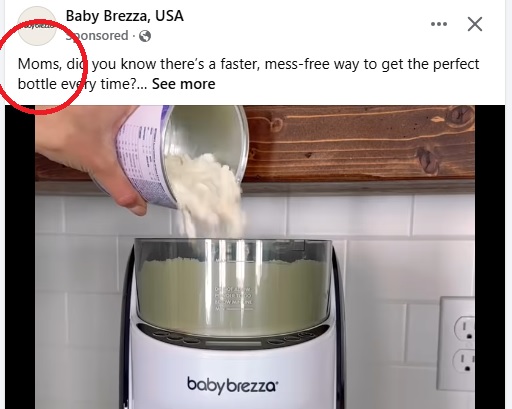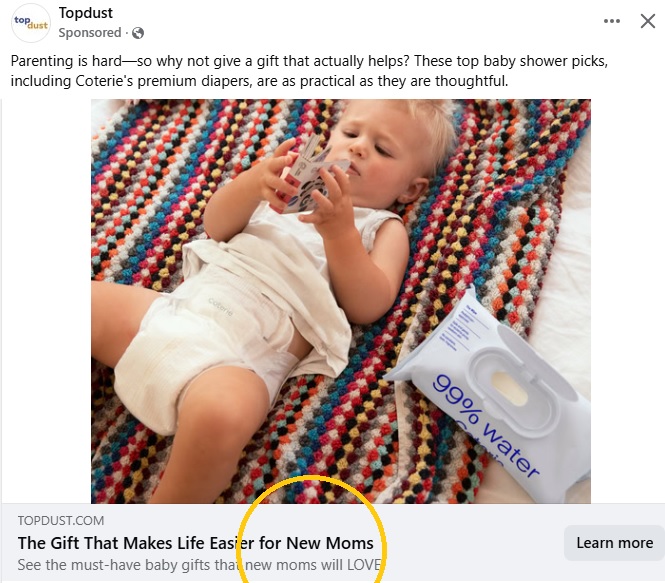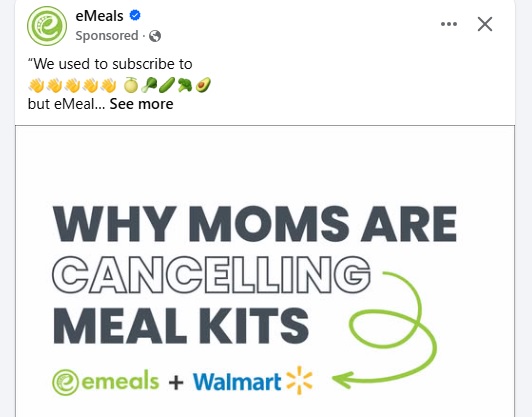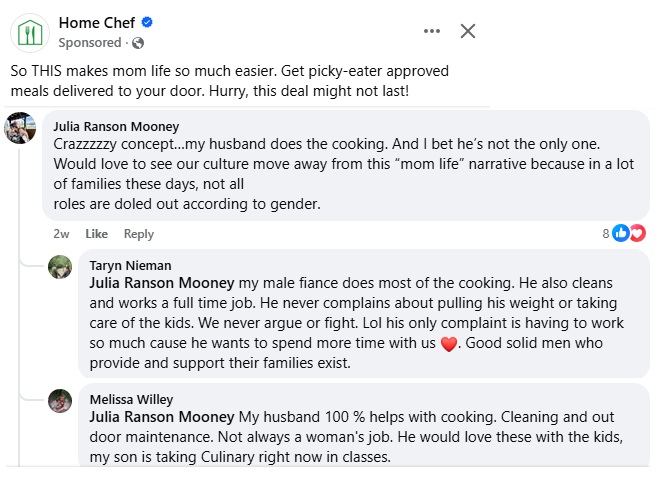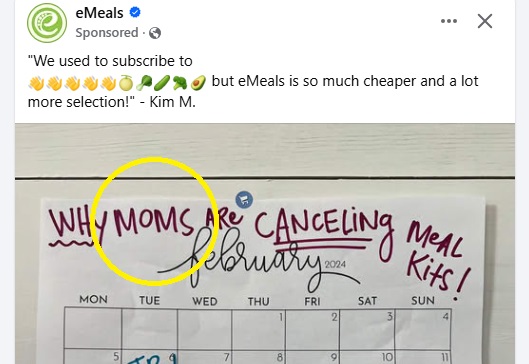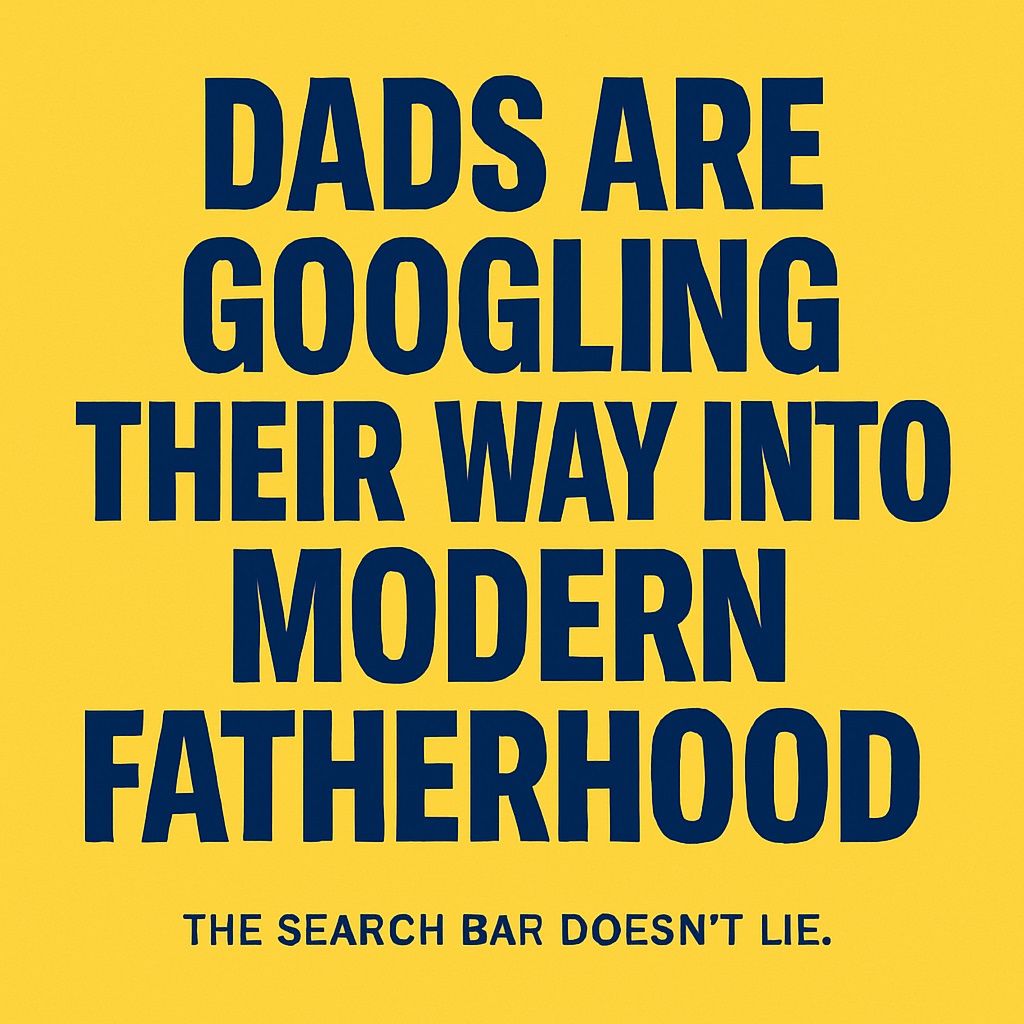For all the talk about changing family dynamics, brands still act like dads are wandering the baby aisle in a daze, hoping a kindly mom will swoop in and translate the packaging. But if you’ve paid even five minutes of attention to modern fatherhood, you know that image is wildly outdated and costing companies money.
Today’s dads research car seats like they’re buying a NASA escape pod. They compare diaper absorbency charts. They follow pediatricians on Instagram. Yet when you look at most advertising in the baby, household, or family wellness space, you’d think dads vanished decades ago. The “default parent” in marketing is still wrongly to believed mom despite dads now handling bedtime routines, pediatric visits, and shopping trips at record levels.
This disconnect between reality and representation isn’t just a cultural problem, it’s a revenue problem. Brands spend millions studying consumer behavior, yet overlook half the parenting market simply because their messaging hasn’t been updated since dial-up internet. And in an era when authenticity wins, ignoring modern fatherhood makes companies look tone-deaf, out of touch, and uninterested in the families actually using their products.
The opportunity is huge: show dads as competent, caring, equal partners, not comic relief. Showcase real co-parenting moments: formula prep, nighttime bottle duty, diaper decisions, meal planning, cleaning, household purchases. That doesn’t erase moms; it reflects reality. It promotes stronger families.
Marketers love talking about meeting customers “where they are.” Well, dads are here. They’re active, involved, and spending money. It’s time the industry caught up with modern fatherhood and stopped pretending dad is just a background character in his own family story.

